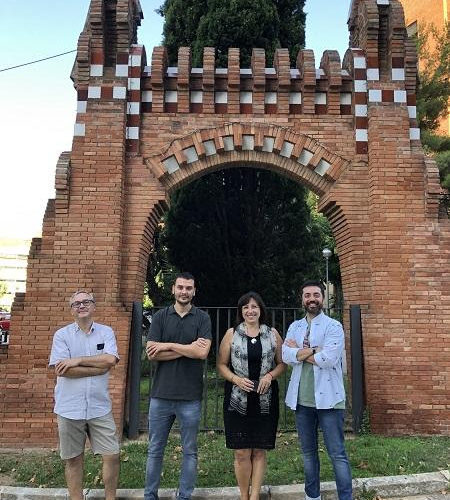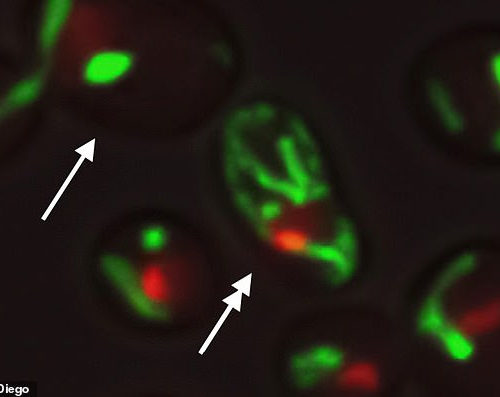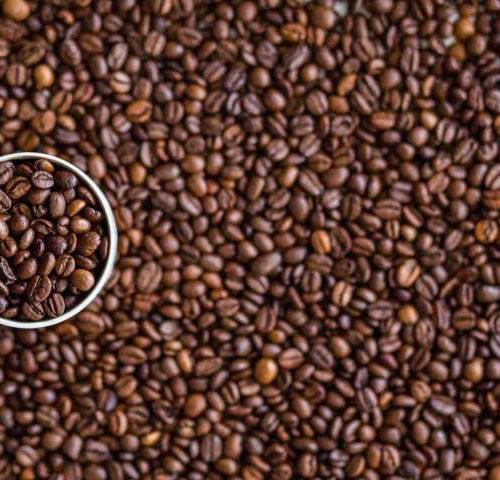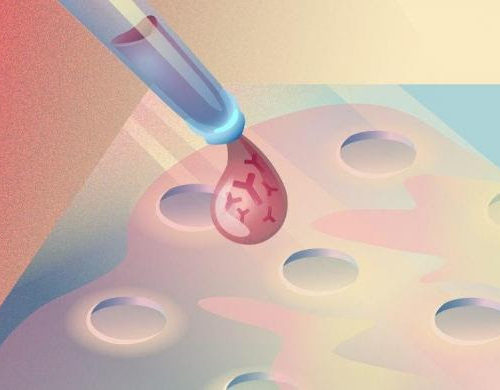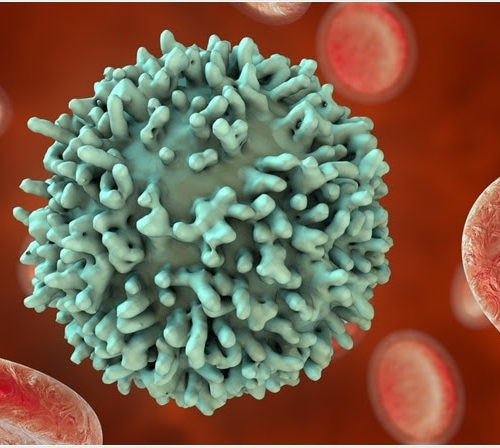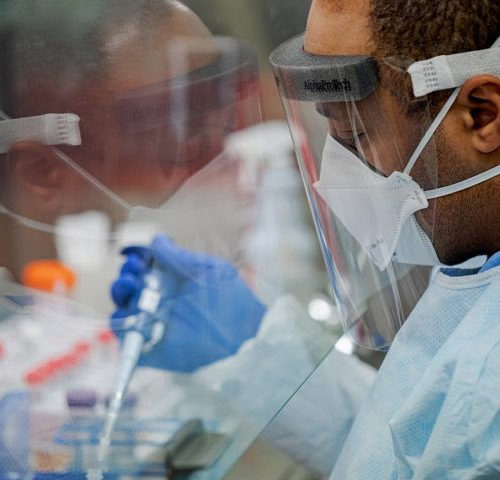BY ALISA ZAPP MACHALEK You’ve probably heard news stories and other talk about CRISPR. If you’re not a scientist—well, even if you are—it can seem a bit complex. Here’s a brief recap of what it’s all about. In 1987, scientists noticed weird, repeating sequences of DNA in bacteria. In 2002, the abbreviation CRISPR was coined...
Tag: <span>Organisms</span>
AsEH enzyme: A new pharmacological target against Alzheimer’s disease
Drugs with neuroprotector effects UNIVERSITY OF BARCELONA FROM LEFT TO RIGHT, SANTIAGO VÁZQUEZ, CARLES GALDEANO, MERCÈ PALLÀS AND CHRISTIAN GRIÑÁN-FERRÉ (FACULTY OF PHARMACY AND FOOD SCIENCES/UNIVERSITY OF BARCELONA)…. view more CREDIT: UNIVERSITY OF BARCELONA A UB study published in the journal Neurotherapeutics has validated a new pharmacological target for Alzheimer’s disease. The results show the...
Could THIS be the secret to living past 100? Scientists discover ‘master circuit’ that controls how cells age – and say reprogramming it could ‘dramatically’ lengthen lifespan
By NATALIE RAHHAL ACTING US HEALTH EDITOR University of California, San Diego, researchers found a cellular ‘master circuit’ that determines which of two ways yeast cells age in yeast By tweaking how proteins involved in the circuit interact, the scientists were able to create an entirely new pathway of aging for yeast cells Cells lived...
Engineering and philosophy combine for an emerging understanding of smell
by Brandie Jefferson, Washington University in St. Louis How does the brain detect smells? To find out, you could rely on biological sciences, using high tech imaging methods, or studying anatomical diagrams. You could even get philosophical and ask, “What is smell, anyway?” Or, you could turn to engineering. That’s what ShiNung Ching, an associate...
Hookworm trial offers new hope to MS patients
Parasitic worms could offer a new treatment hope for patients suffering from the autoimmune disease multiple sclerosis, according to experts from the University of Nottingham. The findings of the research, published in the journal JAMA Neurology, show that infecting MS patients with a safe dose of the hookworm parasite Necator americanus induces immunoregulatory responses and...
The Evolution of a Bacterial Navigation System
Caltech researchers and collaborators have discovered how the bacteria Escherichia coli evolutionarily repurposed cellular machinery into a kind of navigation system to control movement through its environment. The study was led by researchers in the laboratory of Grant Jensen, professor of biophysics and biology and Howard Hughes Medical Institute Investigator. A paper describing the research...
Novel tool developed to diagnose and monitor autoimmune disorders
Researchers from Prokhorov General Physics Institute of the Russian Academy of Sciences and the Moscow Institute of Physics and Technology have developed a novel method for diagnosing and monitoring autoimmune disorders. Within a mere 25 minutes, their new biosensor not only measures the concentration of autoantibodies in human blood serum with extremely high sensitivity, but...
What is the Secretome?
By Reginald Davey Reviewed by Dr. Mary Cooke, Ph.D. Biological organisms are incredibly complex machines made up of innumerable parts working in complementary ways. Understanding the complex, intricate interactions between tissues and cells is, therefore, key to a holistic understanding of the organism as a whole, and over the centuries that have encompassed the science...
Scientists have a hypothesis, why COVID-19 affects older people more
Both old and young people can get COVID-19. However, healthy young people usually get better without any treatment at all, while older patients can experience some life-threatening complications. Why older people are at higher risk of more difficult COVID-19 cases? Scientists from ETH Zurich have a good hypothesis. As you get older, your immune system...
Fecal transplantation improves outcomes in patients with multi-drug resistant organisms
by Digestive Disease Week Transferring fecal matter from the digestive systems of healthy donors to extremely ill patients who had previously been infected with drug-resistant bacteria resulted in shorter hospital stays, fewer bloodstream infections and infections that were easier to treat, according to research that was selected for presentation at Digestive Disease Week (DDW) 2020....
- 1
- 2


